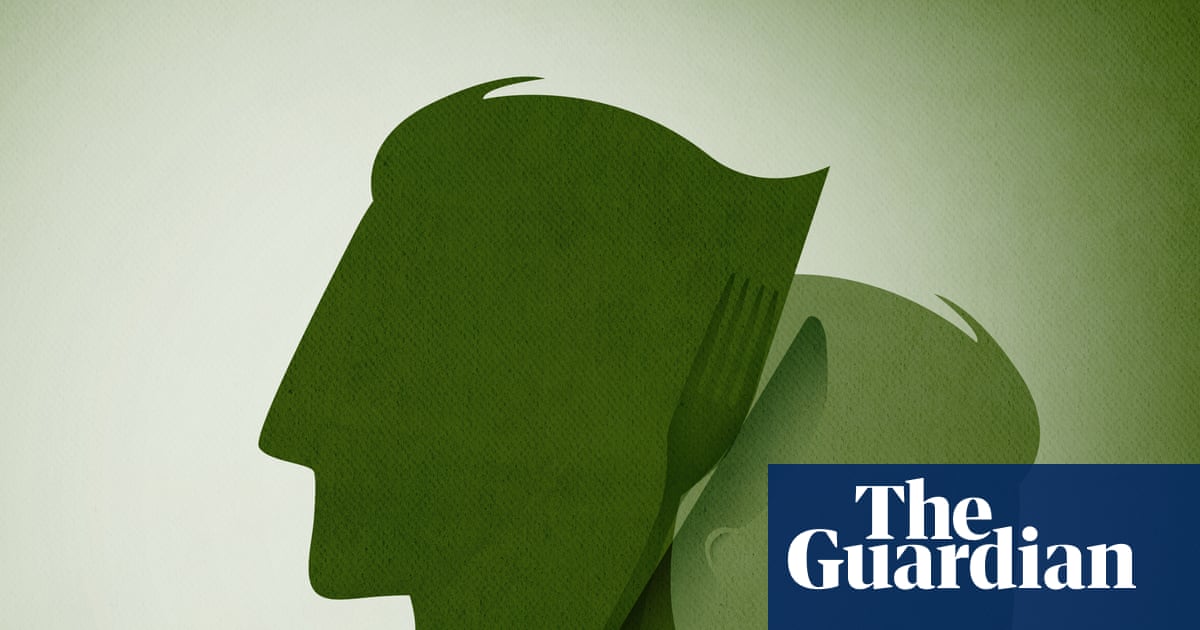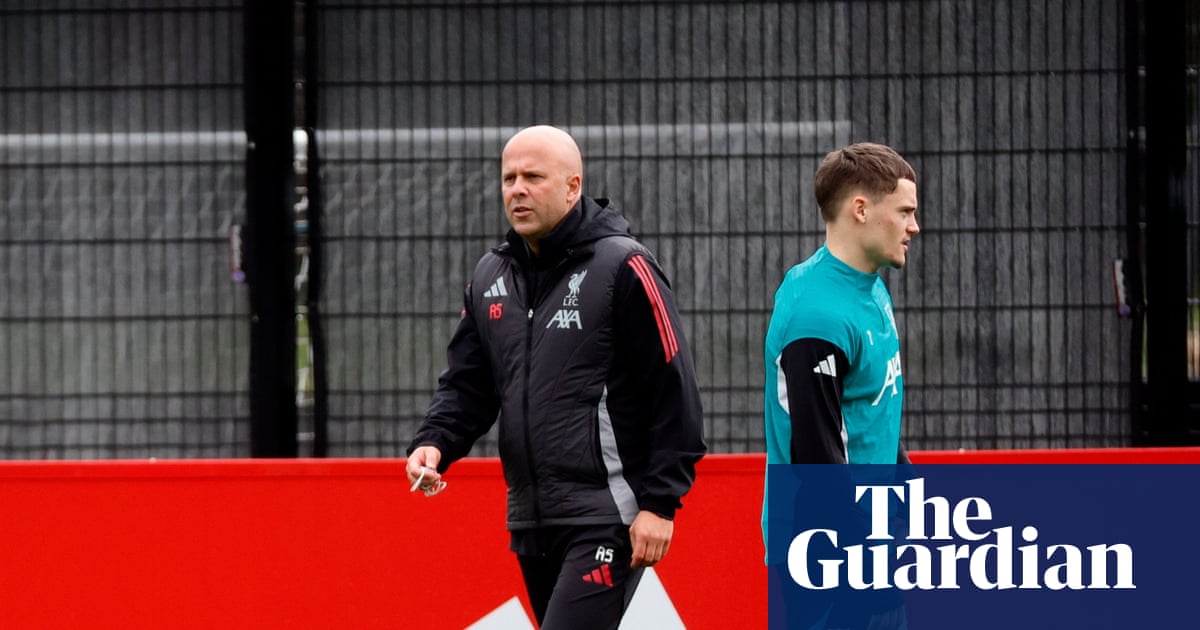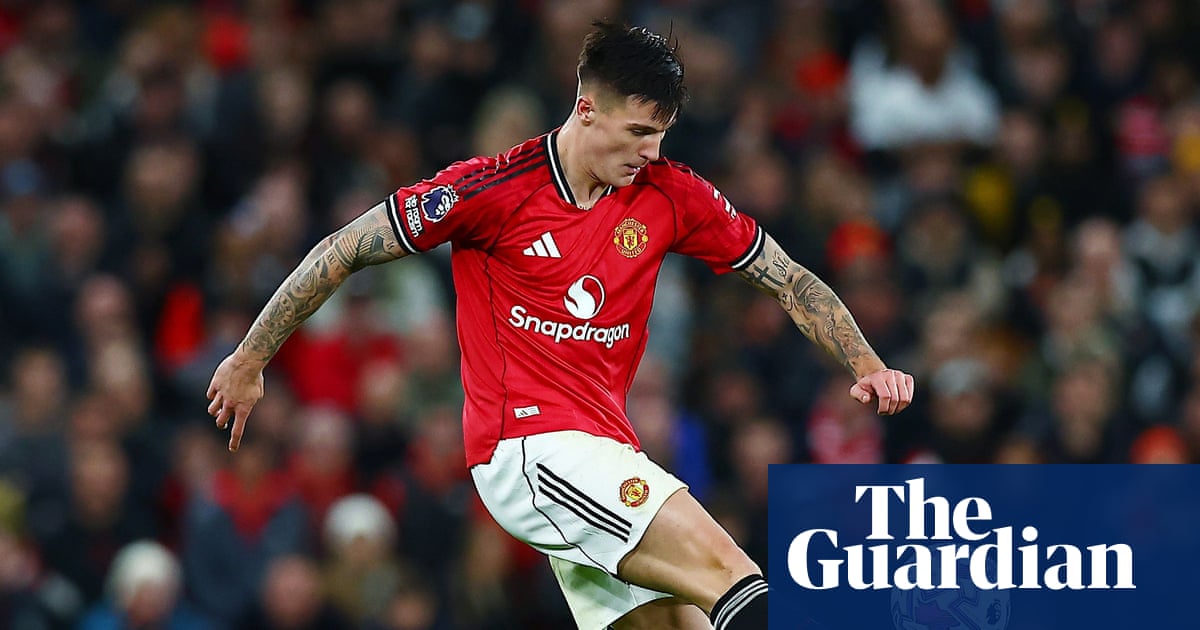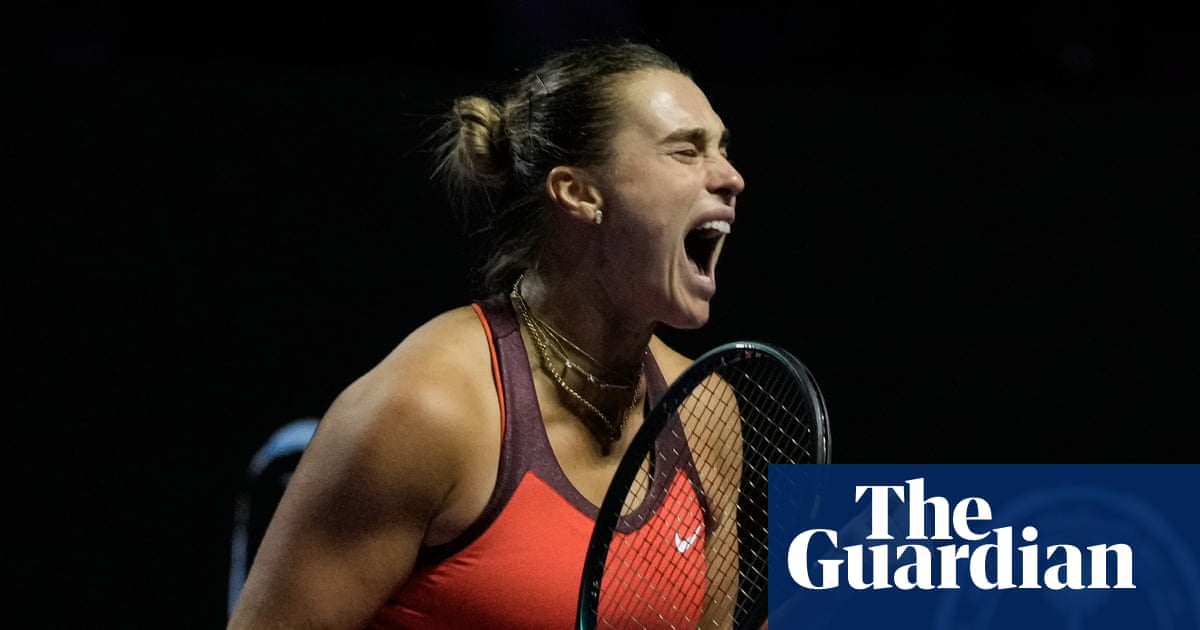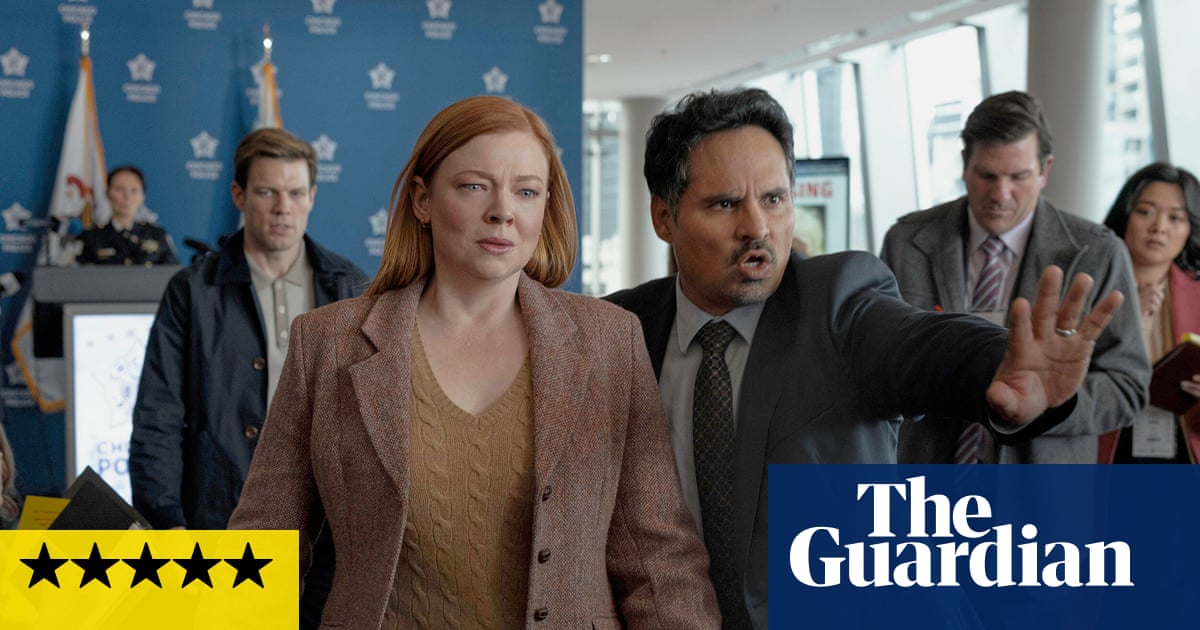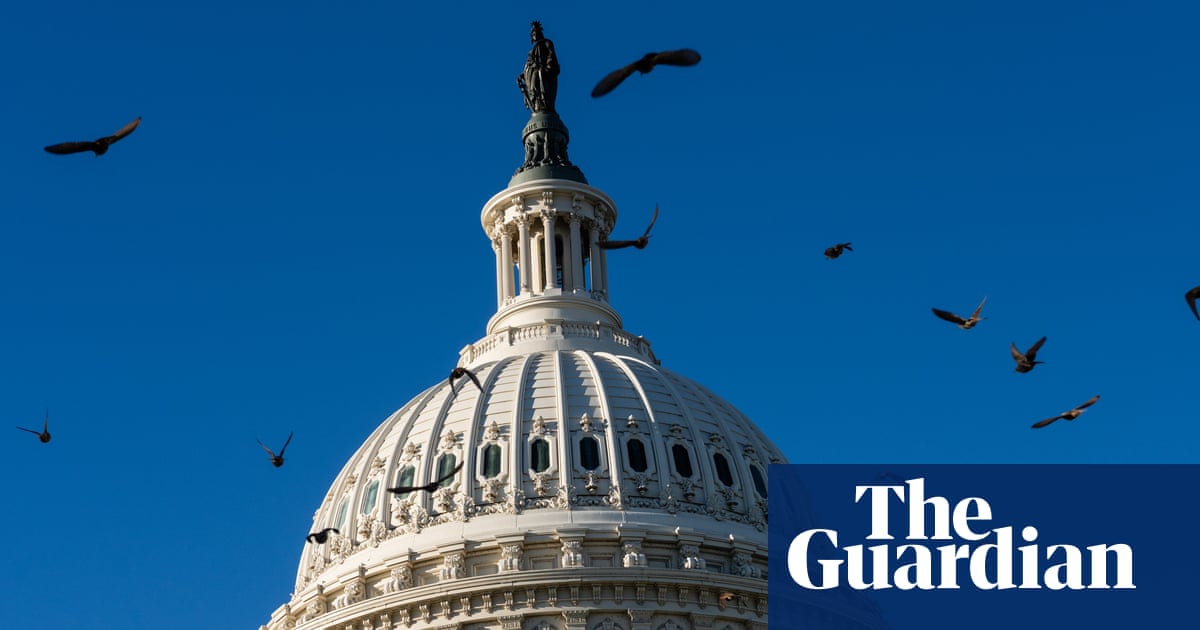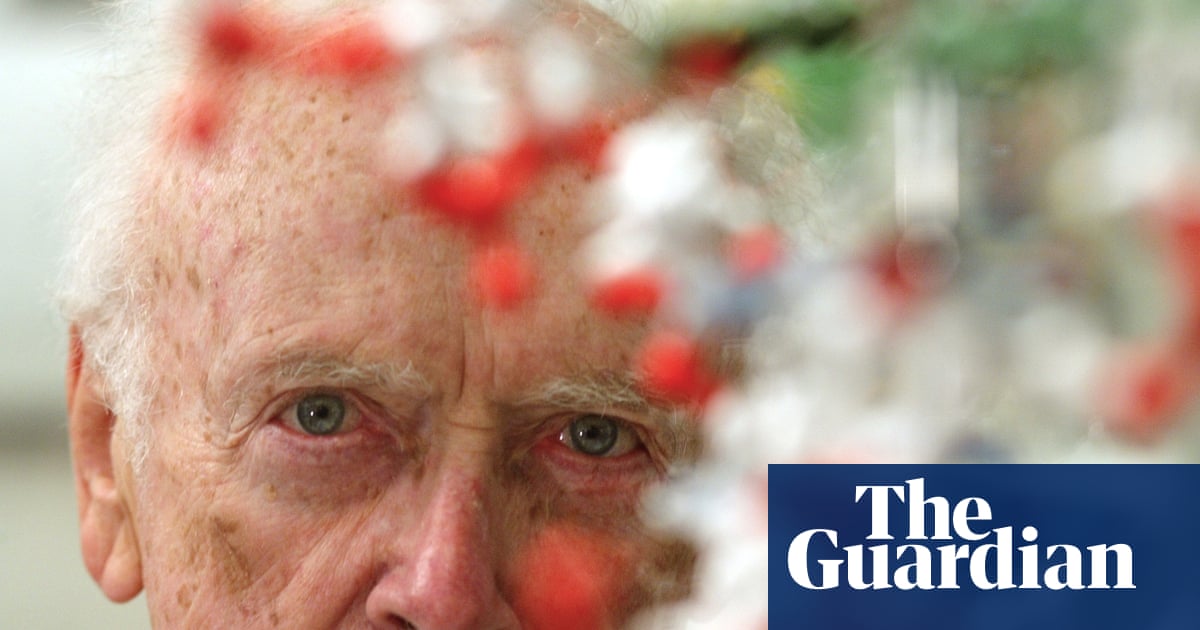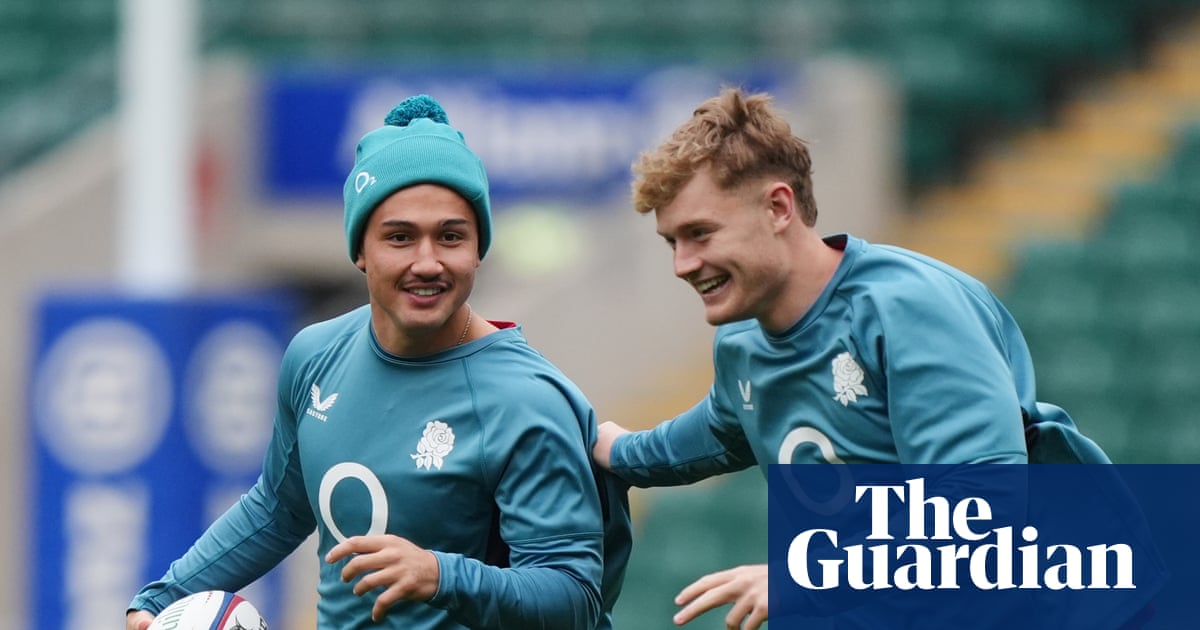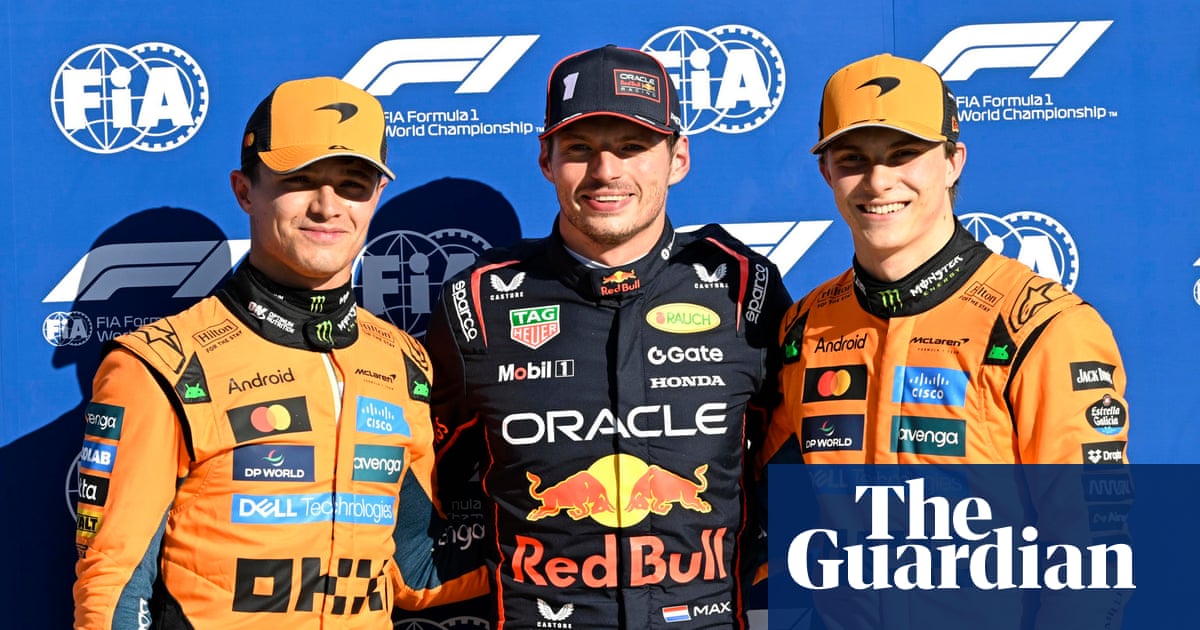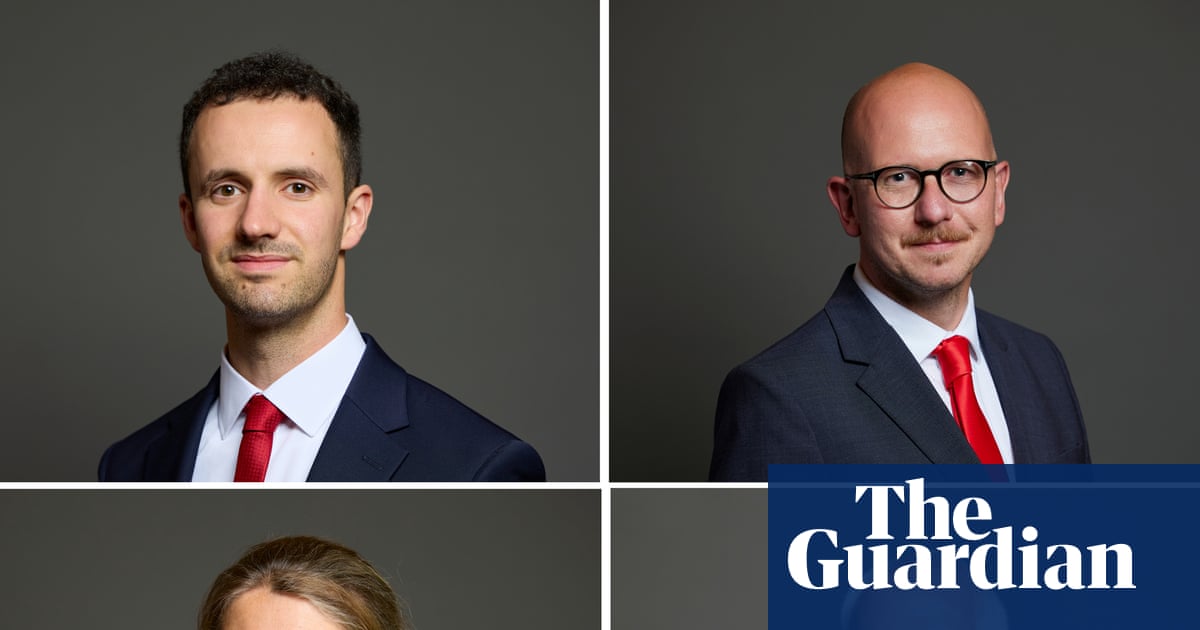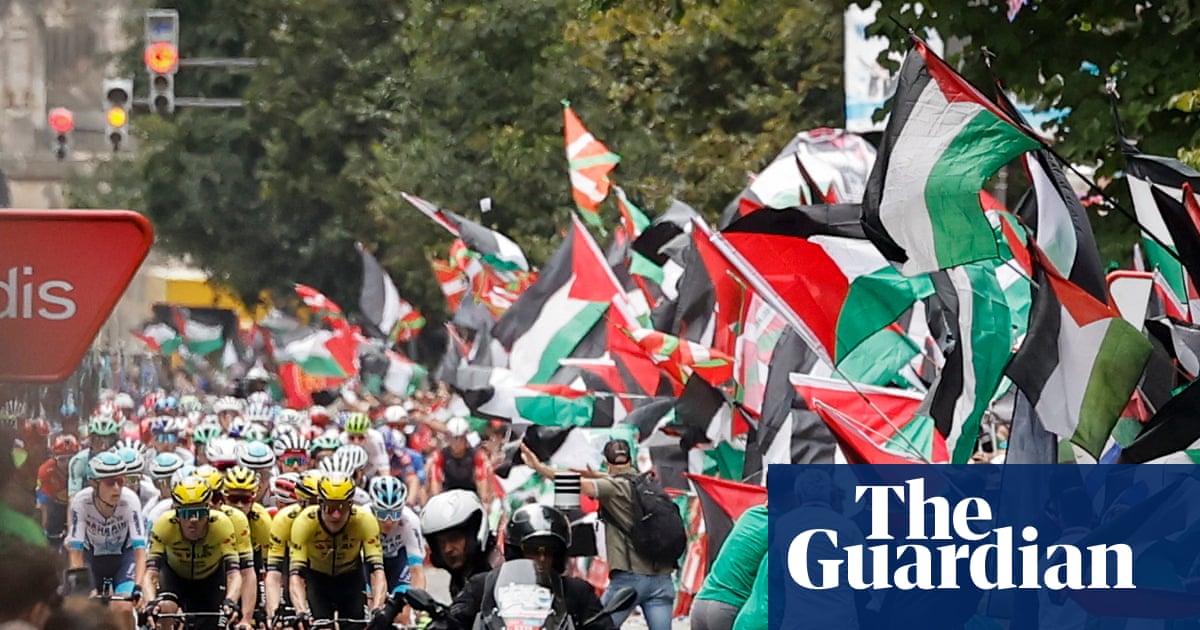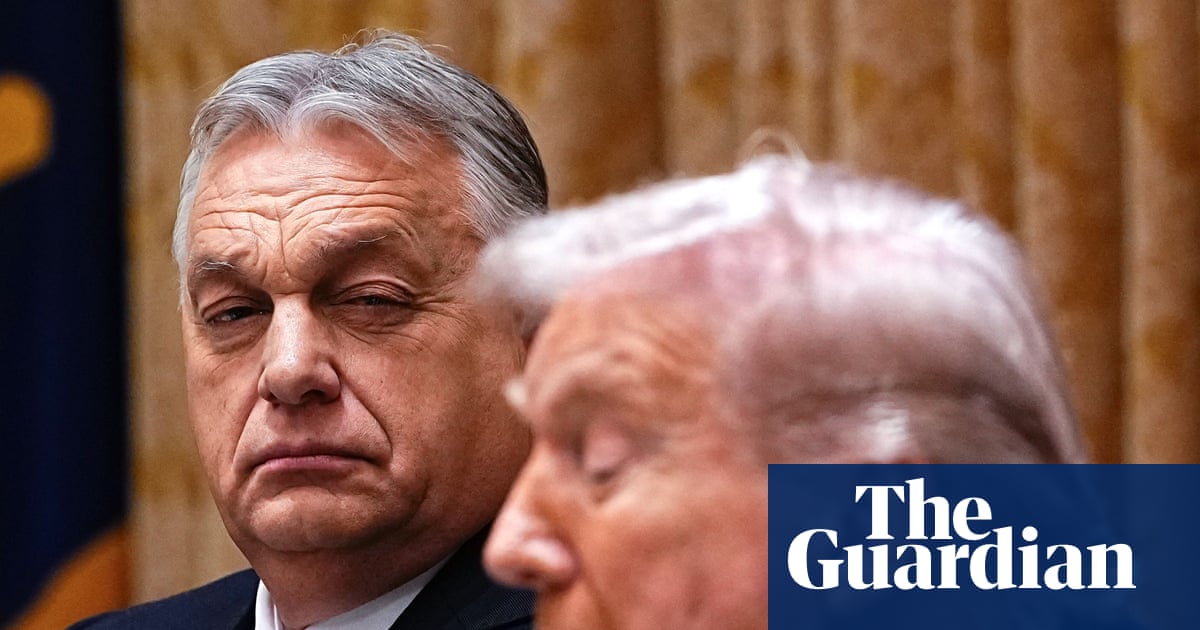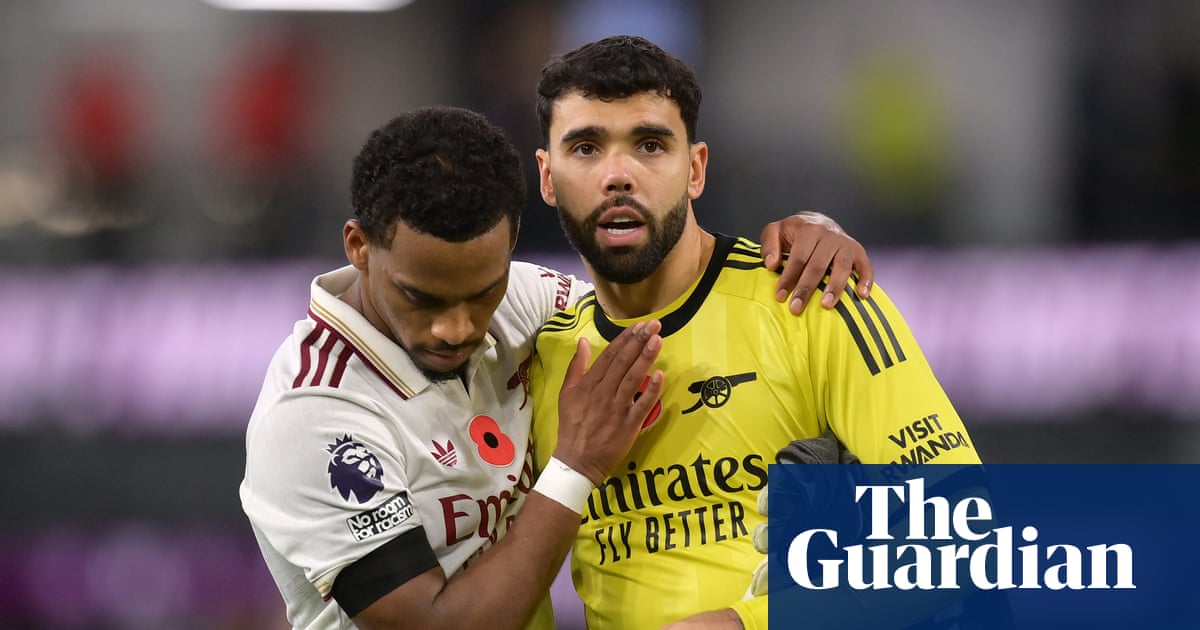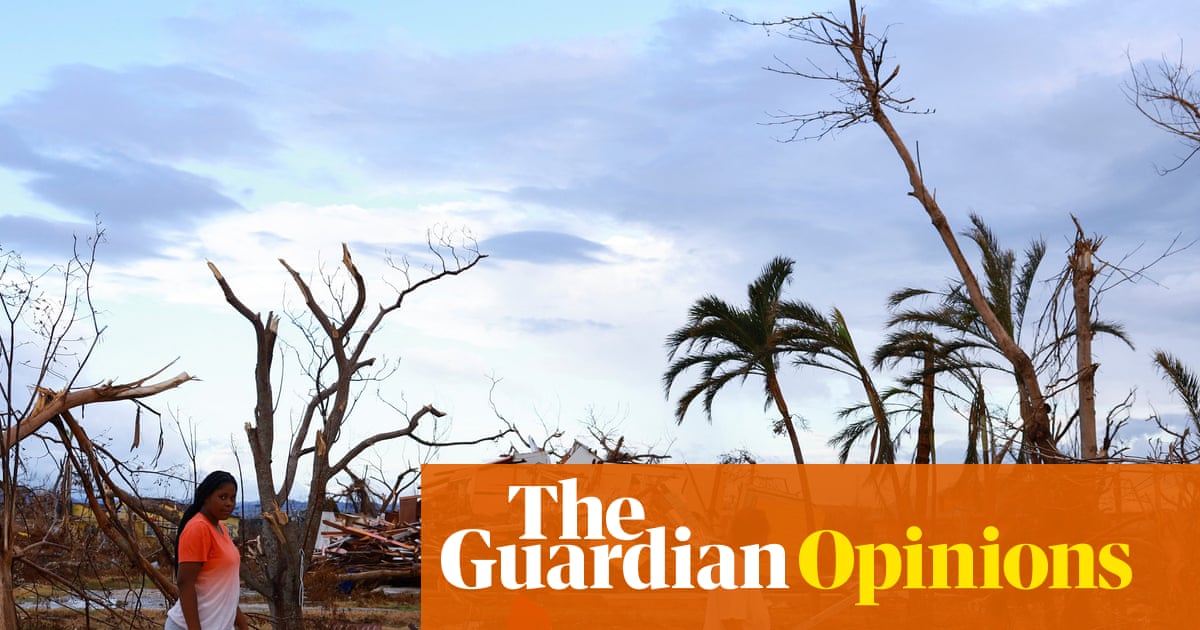For 24 years, Andy Kalli was addicted to crack cocaine. He lost contact with his family and sold his possessions – even his dad’s sovereign ring – to fund his addiction. But three years ago, at 61, he started working for a rehab centre. Now, he says, “I save lives. I make a difference.” The cork board full of thank you cards in his office agrees.
Kalli works as service manager at the Perry Clayman Project in Luton, Bedfordshire, and likes to advise clients not to apologise. “Because how many times have I apologised?” he says. “Don’t say sorry. Your families have heard it a thousand times.” It’s by making change that “you’ll be making amends,” he says.
Kalli grew up in north London, then Bognor on England’s south coast. His parents, Greek-Cypriot immigrants, owned a cafe, then restaurants. They relied on others for help and, as a young child, Kalli was sexually abused by a family friend. He suppressed the memory, but the experience “shaped me for relationships going forward”.
“I deal with a lot of patients who start on drugs and alcohol from 12 years old,” he says. “My progression wasn’t like that, but my childhood was erratic.”
At 16, he trained as a chef and moved to London to work as a server at the Savoy hotel – the first of a string of hospitality jobs that Kalli pursued alongside his dream of becoming a footballer. “Life was here and there. A little bit all over the place.”
He married at 18 and by 23 had three children and a successful restaurant business, which he shared with his father. “Flash Mercedes, lovely house, ducking and diving … I was always looking for something more.”
He wasn’t a big drinker and avoided drugs. He played football semi-professionally for clubs on the outskirts of London. Other business ventures came and went – ice-cream bikes, an ice-sculpture business. Plans for a nightclub fell through.
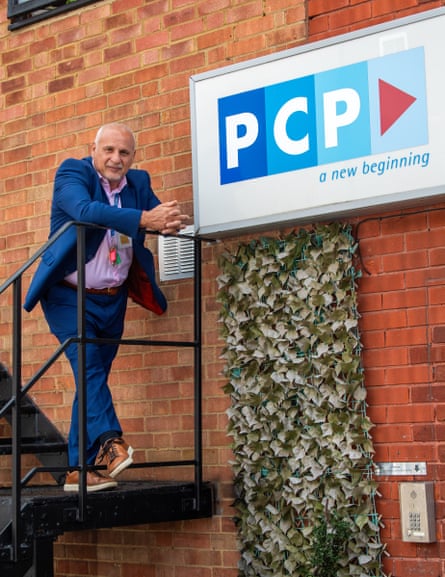
Then, at 29, he was in a pub, having recently lost £50,000 on the nightclub-that-wasn’t, when his mate offered him cocaine.
“Once I took that line, in my brain, I was 10ft tall. I started doing a bit more. I started going to casinos to make up the 50k I lost. I ended up blowing 100k in a week.”
For a while, Kalli hid a double life, earning money in the daytime, using crack cocaine in the evenings. “Me running away. I couldn’t stop.” But he was “very successful financially … Everything I touched turned to gold.”
He was working in the US as a business consultant in 2013, when his daughter Helen was diagnosed with a brain tumour. Kalli returned to the UK. During the last year of Helen’s life, he missed hospital appointments because of his addiction, and even took his 10-year-old grandson to a drug deal.
When Helen died in 2014, “I wanted to die myself,” he says. “I tried to die myself.”
His marriage had long ended – there have been two more since – but six months after Helen died, Kalli walked into a West Midlands hospital and asked for help. He was put on suicide watch for two weeks. “The start of my journey of recovery,” he says. He was 53, and he’s been clean ever since.
How did he do it?
“By resilience, courage, fighting spirit … I had to distance myself from everybody and everyone – people, places, things. I had to focus on my triggers. I had to learn to start again,” he says.
He often heard his late daughter’s voice in his ear – “Dad, you’ve got to help people” – and he started doing courses: peer mentoring, counselling. In his late 50s, he started a degree in psychology with substance misuse studies and at 61 graduated with a first.
Along the way, he learned about himself. “The unmanageability of my life. Moving from house to house, woman to woman, country to country. I was never satisfied. I was never happy with me … I learned to let go of the trauma around [the abuse], to let go of the guilt around my kids. I had to forgive myself.”
At 64, Kalli is in touch with his children. “I’m back as their dad. I’m a grandad now.” And he’s “still got ambition”. He’s writing a book. At work, reconnecting families is a priority. “I’ve got the power now. I think I can help save lives,” he says. “I could be 24 or 44. I’ve got so much energy to give.”
In the UK, Action on Addiction is available on 0300 330 0659. In the US, call or text SAMHSA’s national helpline at 988. In Australia, the National Alcohol and Other Drug Hotline is at 1800 250 015; families and friends can seek help at Family Drug Support Australia at 1300 368 186.
In the UK and Ireland, Samaritans can be contacted on freephone 116 123, or email [email protected] or [email protected]. In the US, you can call or text the National Suicide Prevention Lifeline on 988, chat on 988lifeline.org, or text HOME to 741741 to connect with a crisis counselor. In Australia, the crisis support service Lifeline is 13 11 14. Other international helplines can be found at befrienders.org

 3 months ago
94
3 months ago
94
